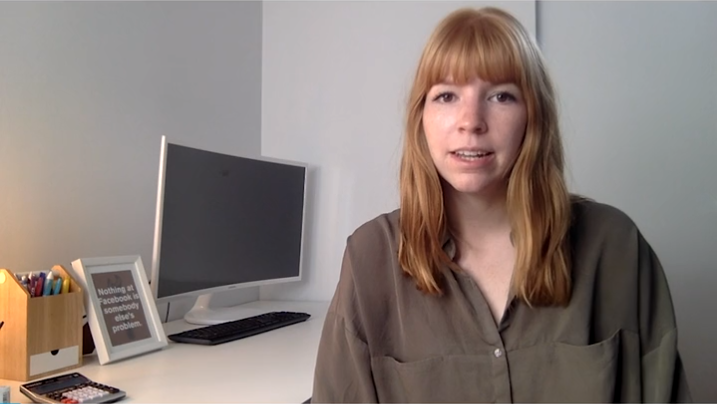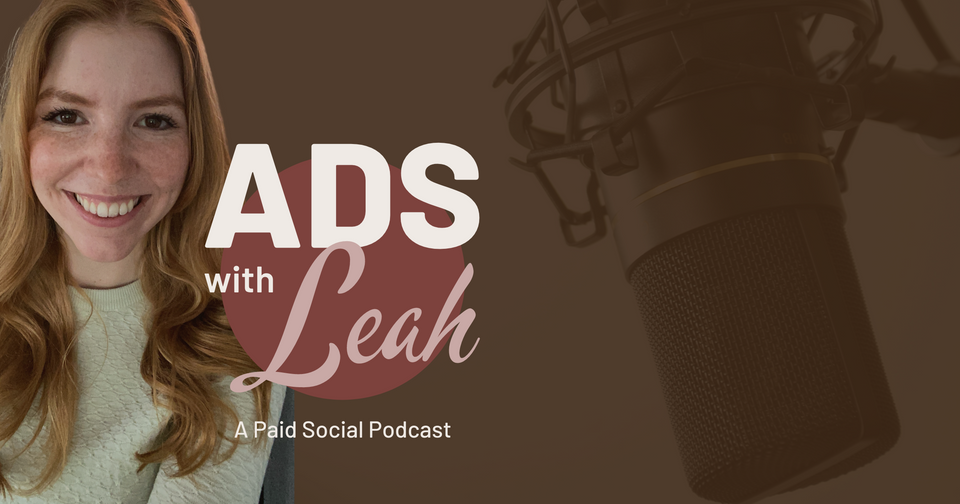How Facebook's Ad Policy Works

What is and isn't allowed in your ads? Facebook wants to provide a positive experience for their users on the platform, so they have policies around what your ad can include.
Transcript:
Today, I want to talk about Facebook's ad policy. These are the rules that Facebook has put in play for what advertisers can and can't advertise on Facebook and Instagram. What words you can't use, what types of images you can't use, what types of products you can't sell.
The reason that this is important is because it helps Facebook provide a better user experience for users so that they keep coming back to the platform. They wouldn't be as likely to keep using Facebook and Instagram if they kept seeing ads for products that were scammy, or ads that made them feel bad about their body, or propaganda.
Policy is obviously in the best interest of Facebook to provide a good user experience, but it's also really good for the ethics for advertisers so that advertisers can't use data in a way that is unethical. For example, in the Cambridge Analytica scandal.
There are certain industries that you're going to have more difficulty getting through policy. For example, the beauty industry or health and wellness. You're going to have a lot more trouble with your imagery in terms of showing body parts or showing what they call idealized body, which is someone that is meant to imply that this is how you should look. Facebook doesn't like that because it could potentially make people feel bad about themselves. If you're in those industries, it might be a little bit harder for you to get your ads approved.
What happens when your ad gets disapproved is Facebook simply sends you an email, they let you know that the ad isn't approved, and then they usually give you a reason why. Sometimes it is vague, but hopefully you can decipher what they're trying to say and then you can tweak your ad, resubmit it, and hopefully it gets approved by policy.



